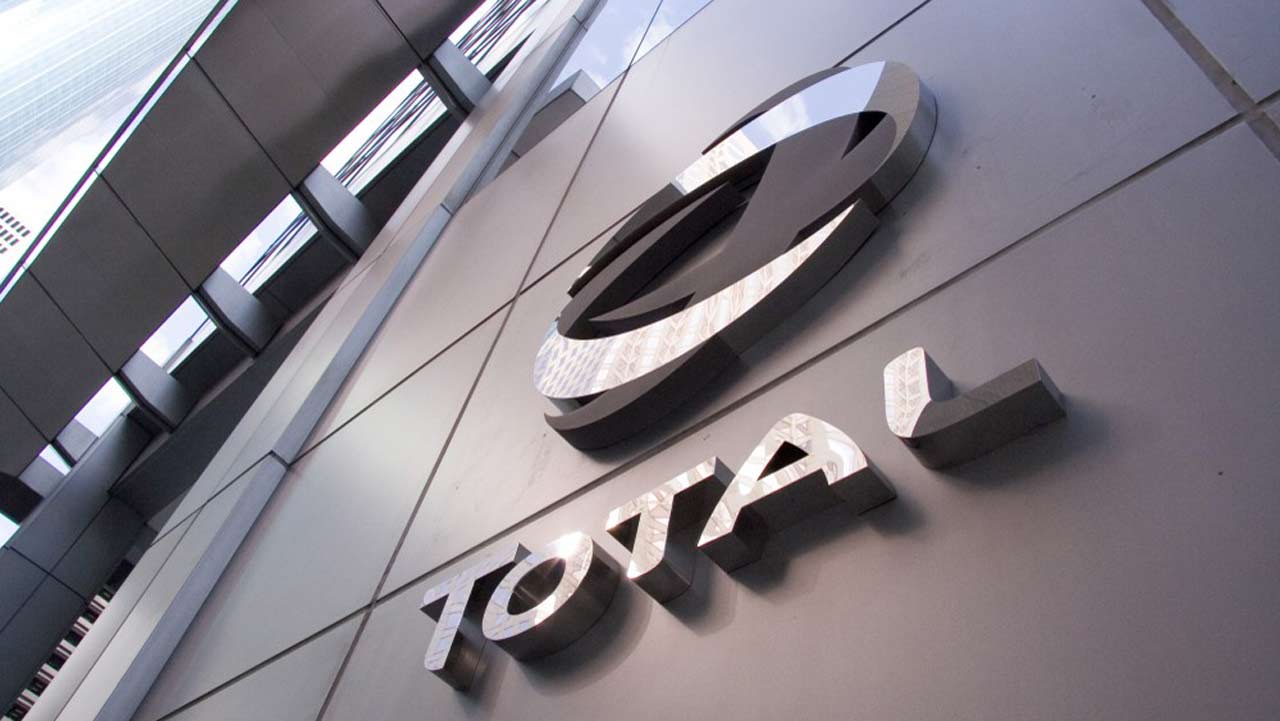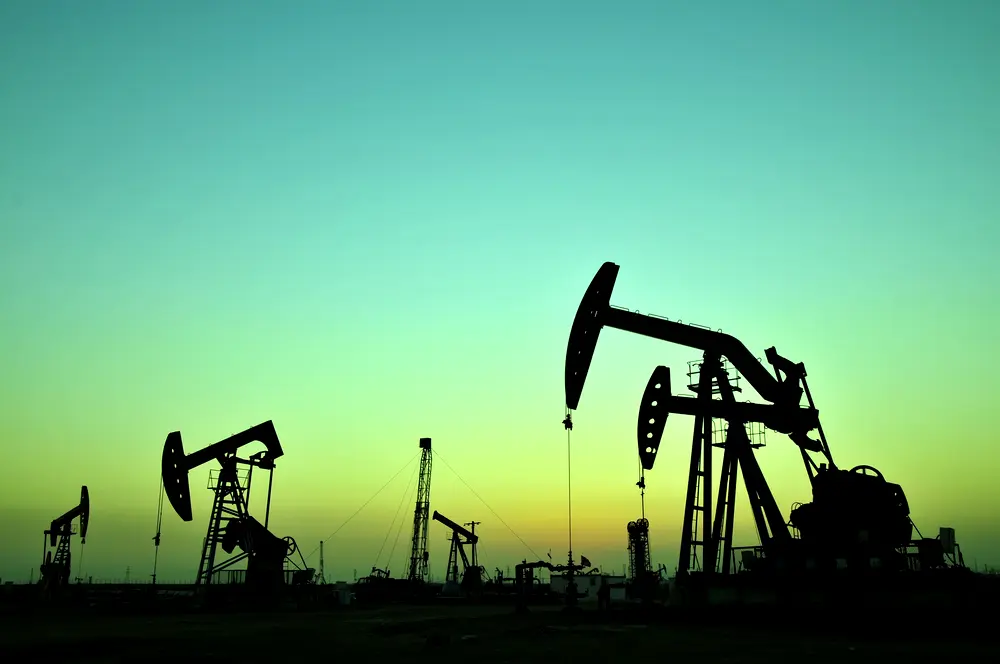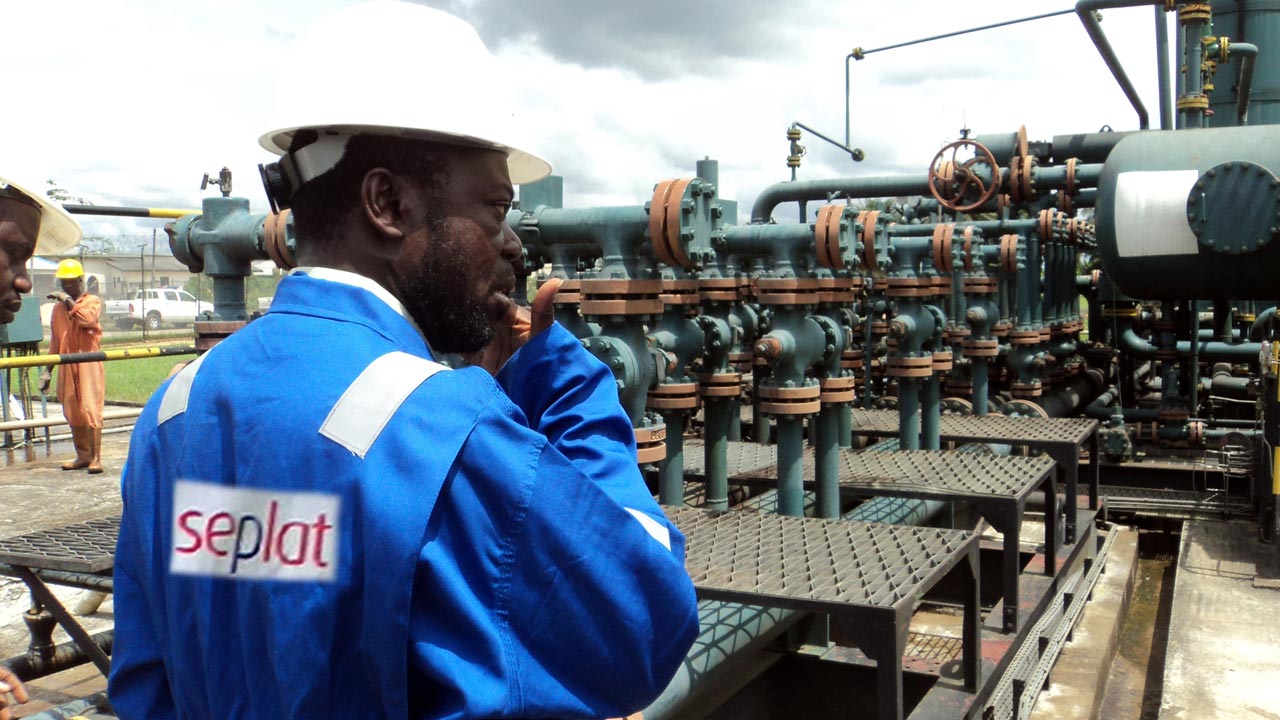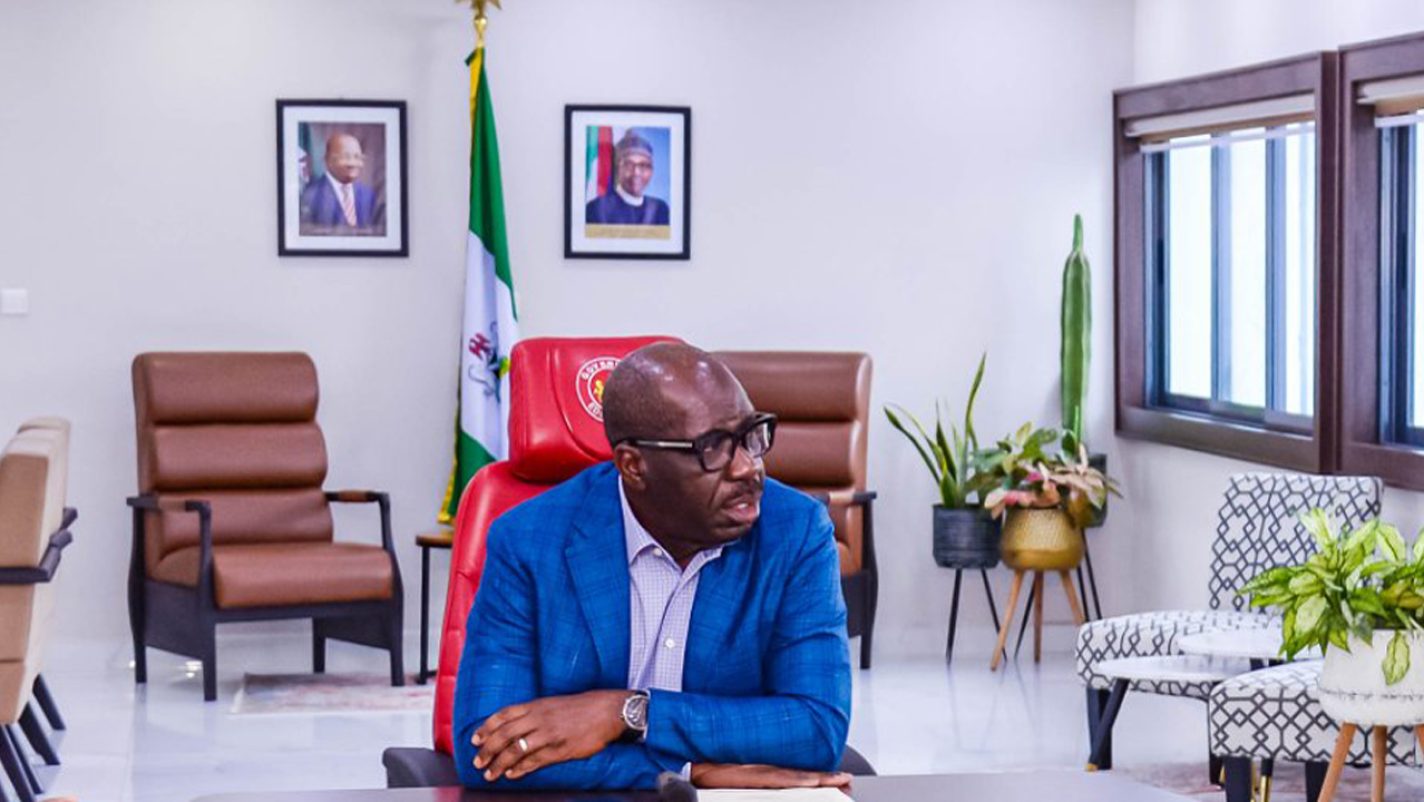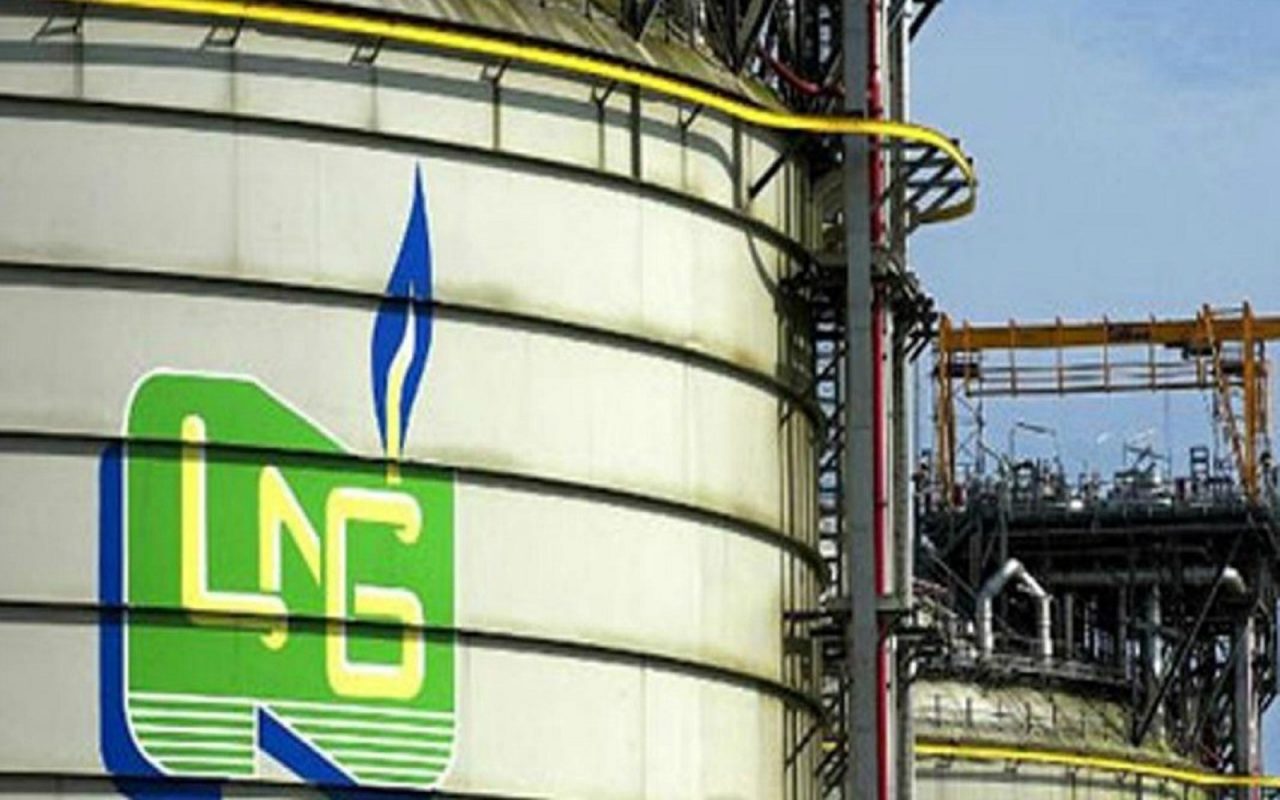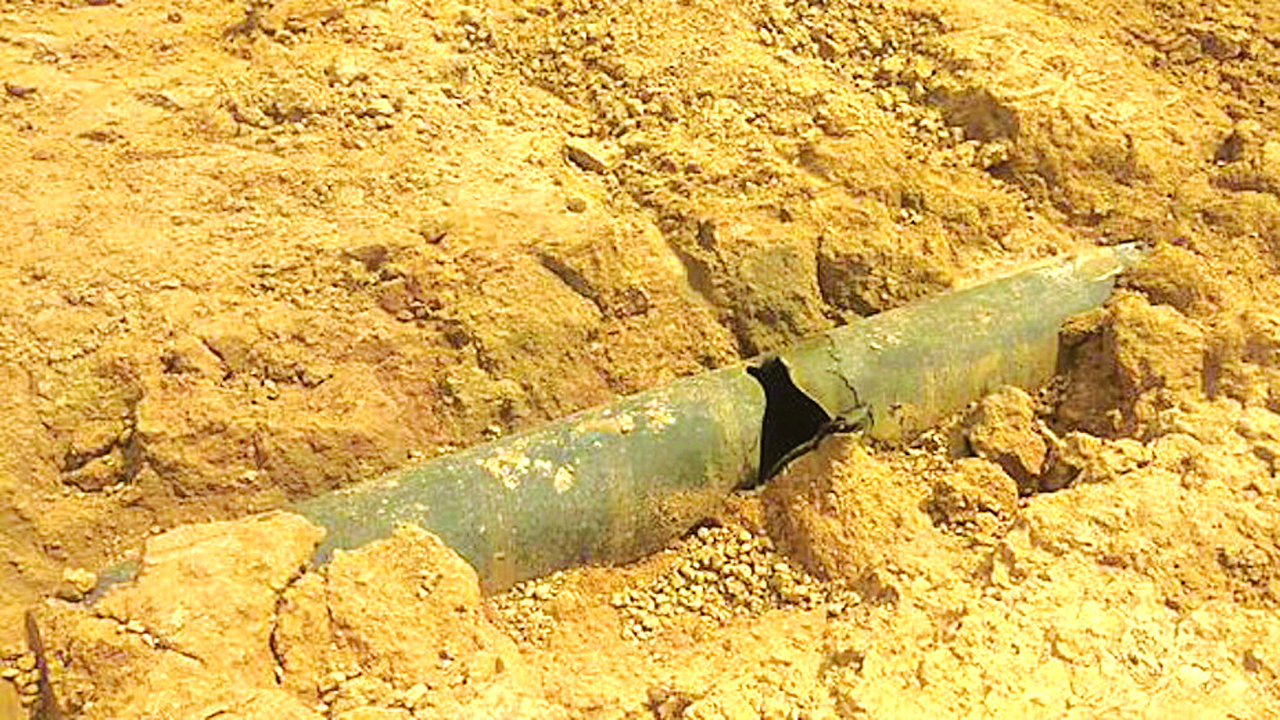The Nigerian National Petroleum Company Limited, NNPCL, TotalEnergies, operators of OML 130 and partners,SAPETRO, CNOOC & PRIME 130, have constructed and commissioned a model secondary school project at Government College, Makurdi in Benue State as part of their corporate social responsibilities to different communities in Nigeria.
The two floors model secondary school sits on 2,500m2 and is expected to provide the students access to modern-day learning and science experimentation tools.
The school facility is powered by an integrated power supply system consisting of a 35kva solar power generating system, and one 50kva soundproof generator to ensure continuous power supply.
In his welcome address, the Chief Upstream Investment Officer of the NNPC Upstream Investment Management Services, Mr. Bala Wunti, who was represented by Mrs Bunmi Lawson said that the project was part of efforts to mitigate various identified gaps.
He noted that the projects aligned with sustainable development goals, adding that the partners would continue to champion the implementation of SDGs.
“These projects were borne out of the need to mitigate the various identified gaps in line with the relevant Sustainable Development Goals (SDGs). We will continue to consistently champion the implementation of Sustainable Community Development projects that will positively impact the lives of the citizens of this Country.”
Managing Director of TotalEnergies EP Nigeria Limited, Mike Sangster, who was represented by Mr. Lucky Deekor, revealed that in line with his company’s commitment to promoting youth education, TotalEnergies believe that the school project will provide students access to modern-day learning, science experimentation tools and ignite their interest in the study of the STEM courses.
Giving an overview of the project, Sangster said that the school project includes a well-designed administrative block with furnished offices, a sick bay, a first aid room and storage facilities.
“The project we are commissioning today includes all the necessary components for a modern school. These include a well-designed administrative block with 4 fully furnished offices, a sick bay, and a first aid room with all its appurtenances and storage facilities.
“Among other great features, the main school block has 2 floors, 10 offices for teachers and technical rooms, 12 furnished classrooms, 5 cutting-edge science laboratories, two libraries and 1 fully equipped ICT laboratory.
The principal of Government College, Makurdi, Mrs. Aumbur Agena, thanked Total Energies and all other partners for their support in the building of the facility, adding that the intervention to build the facility will provide a better learning environment for the students.
“I thank NNPCL, TotalEnergies and their partners for finding the school worthy to be part of the CSR project. Their commitment to the completion of the project is commendable. The project will solve one of our big problems: providing a better learning environment for the students. I also appeal to the government of Benue state to provide us with a school bus for easy student commute.”


